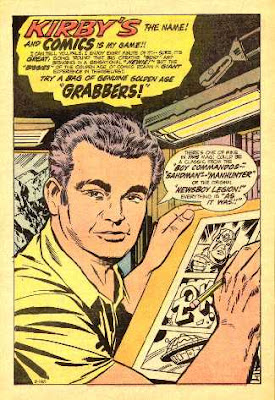Copyright Law and New Technologies: A Long and Complex Relationship

From the Library of Congress : The following is a guest post by Brad Greenberg, counsel in the U.S. Copyright Office, Office of Policy and International Affairs. Copyright law and new technologies have a long history, arguably dating back to the Gutenberg Press in the 15th century—more than 200 years before passage of the matriarch of copyright statutes, Britain’s Statute of Anne. New technologies provide new tools for creative expression and new vehicles for sharing those works. But sometimes they also disrupt existing copyright regimes—as seen with player pianos (late 1800s), radio (1920s and 1930s), cable television (1960s and 1970s), photocopying (1970s), home video cassette recorders (1970s and 1980s), and, of course, digital downloading and streaming technology (today). Emerging technologies continue to raise novel questions for copyright, particularly with a copyright system built around a law now more than forty years old. Is a poem written by a computer entitled to copyr...


